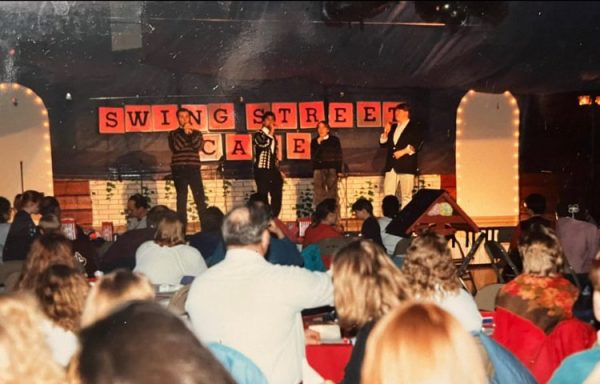Interview Basics for Landing the Position
Teens, in their search for a summer job, more than likely will have to attend an interview. Interviews are apart of the job process and are usually necessary to securing any position in the workplace.
The interview is a key part in any job application process. It is where the business owner or manager can evaluate who the applicant is as a person, understand their personality a bit more, and receive a taste of their vital communication skills. From the moment the applicant walks into the office, whatever may be on their resume tends to disappear. The way a person represents themselves can drastically change the impression an employer may have on a potential employee. There are three major guidelines to follow when preparing for, speaking in, and presenting oneself in an interview.
- Appearance Depending on whether or not the employer requests a certain dress code, always dress up rather than down. If the interview is said to be more low-key, go for a business-casual look that contains the basics: button ups, dark jeans or khaki pants, and closed toed dress shoes or boots. Refrain from wearing extremely vibrant colors that could potentially clash, and remember that simple is best. By throwing a blazer onto any button up top, the outfit becomes more formal and put together. Jeans are considered casual, but a darker wash can appear sophisticated and modern, especially if the interview is for a part-time, minimum wage job. Consider what the business is when forming an outfit. If the interview is for a manager position at a large business corporation, dress business formal (slacks and dresses). If it is for a retail store that represents a more care free vibe, for example, Pacsun or American Eagle, dress business casual with a relaxed side. According to a Forbes interview with Frank Bernieri, “Dressing conservatively means you care on a couple of different dimensions,” stated Bernieri. “One, you’re making an effort; two, you’re making an effort not to offend; three you’re polite and respectful.”
- Speaking The way a person represents themselves vocally is of utmost importance. Confidence is key, but too much can be regarded as cocky or can relay a “better than the position” attitude. Avoid all jumbled phrases, such as “like”, “uhh”, “cus”, and “yeah”. These words are considered informal and can be perceived as unintelligent. Keep the voice level at a strong medium, meaning not too loud and not too quiet. Screaming is intimidating and not speaking at all is a sign of shyness and insecurity. Provide bits and pieces of personal information, but keep all family and friend stories at home. The employer is not looking to hear about personal life stories, but rather the qualities the applicant could bring to the job.
- Follow Up The final step is often forgotten merely because it is after the interview. By sending an email, writing a letter, or making a phone call, the applicant is relaying to the employer that they are interested in the position. If the employer says they will notify the interviewee in a couple days, stay on track of the time that has past and call/email if it has been more than a couple days after the told time. Certain classes, like Intro to Business and Life Resource Management, prepare students on how to write a resume, cover letter, and follow up letter for their future employment applications.
An interview may be intimidating, but is often necessary in applying for a job. Nail down the preparatory steps and crush the next interview you may walk into.













